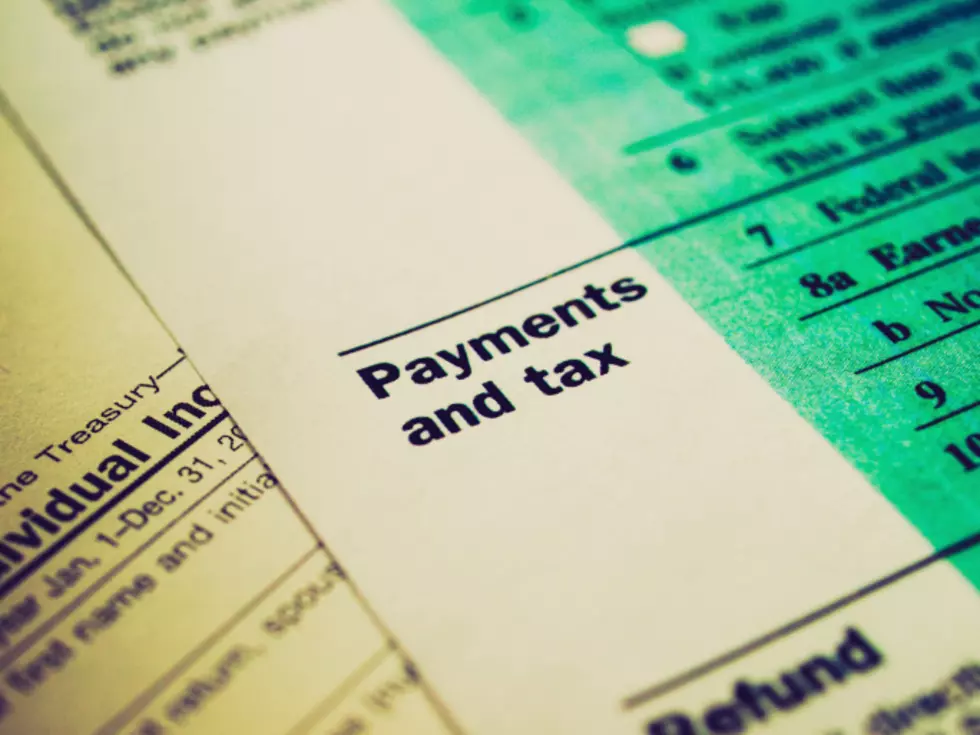
Tips to Get Your Refund Faster After IRS Delays Tax Season
The coronavirus is even affecting tax season. The Internal Revenue Service won't start accepting and processing tax returns until February this year.
The delay of tax season is due to the second round of stimulus checks, giving the IRS more time for programming and testing of systems. The second round of Economic Impact Payments and other benefits included tax law changes. Without the correct programming in place, there could be a delay in tax refunds. "These changes ensure that eligible people will receive any remaining stimulus money as a Recovery Rebate Credit when they file their 2020 tax returnm" the IRS announced.
To get your refunds faster, the the IRS urges taxpayers to file electronically with direct deposit as soon as you have the information you need. You can file your tax returns now and the IRS will begin processing on February 12, when tax season officially beings. You probably won't see your refund until the first week of March though. The IRS anticipates most taxpayers will receive their refund within 21 days of when they file electronically with direct deposit if there are no issues with their tax return.
"Planning for the nation's filing season process is a massive undertaking, and IRS teams have been working non-stop to prepare for this as well as delivering Economic Impact Payments in record time," said IRS Commissioner Chuck Rettig. "Given the pandemic, this is one of the nation's most important filing seasons ever. This start date will ensure that people get their needed tax refunds quickly while also making sure they receive any remaining stimulus payments they are eligible for as quickly as possible."
Tax Filing Tips
- File electronically and use direct deposit for the quickest refunds.
- Check IRS.gov for the latest tax information, including the latest on Economic Impact Payments. There is no need to call.
- For those who may be eligible for stimulus payments, they should carefully review the guidelines for the Recovery Rebate Credit. Most people received Economic Impact Payments automatically, and anyone who received the maximum amount does not need to include any information about their payments when they file. However, those who didn't receive a payment or only received a partial payment may be eligible to claim the Recovery Rebate Credit when they file their 2020 tax return. Tax preparation software, including IRS Free File, will help taxpayers figure the amount.
- Remember, advance stimulus payments received separately are not taxable, and they do not reduce the taxpayer's refund when they file in 2021.
Important Tax Dates
January 15. IRS Free File opens. Taxpayers can begin filing returns through Free File partners; tax returns will be transmitted to the IRS starting Feb. 12. Tax software companies also are accepting tax filings in advance.
January 29. Earned Income Tax Credit Awareness Day to raise awareness of valuable tax credits available to many people – including the option to use prior-year income to qualify.
February 12. IRS begins 2021 tax season. Individual tax returns begin being accepted and processing begins.
February 22. Projected date for the IRS.gov Where's My Refund tool being updated for those claiming EITC and ACTC, also referred to as PATH Act returns.
First week of March. Tax refunds begin reaching those claiming EITC and ACTC (PATH Act returns) for those who file electronically with direct deposit and there are no issues with their tax returns.
April 15. Deadline for filing 2020 tax returns.
October 15. Deadline to file for those requesting an extension on their 2020 tax returns
There have been only five instances since 2007 when filing seasons did not start until February due to tax law changes made just before the start of tax time.
To get more information and to file taxes, visit IRS.gov.
KEEP READING: 50 community resources supporting Americans financially impacted by COVID-19
More From KISS 104.1






